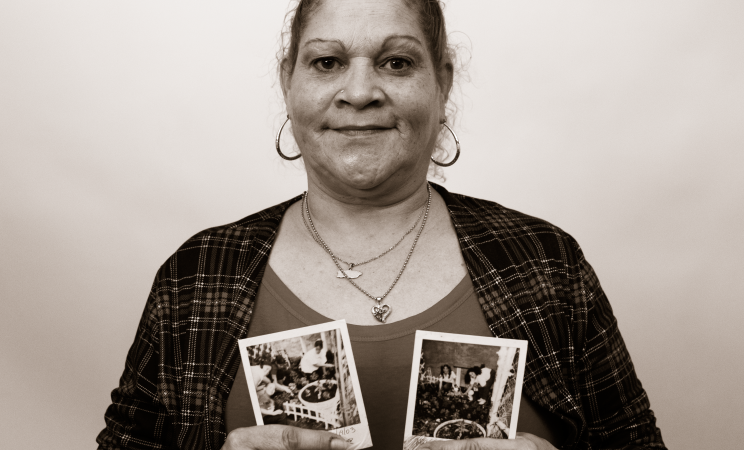Building Community Equity Through Homeownership

The Consumer Housing Unit (CHU) centers community by helping low-income Philadelphians build wealth and equity by preserving their family homes and side yards in the face of gentrification and rapid development. Homeownership is a critical form of asset building that contributes to intergenerational wealth building among Philadelphia’s Black and Latinx communities.
Started in response to the foreclosure crisis of 2008, PLA’s Save Your Home Philly Hotline is a collaboration with the Division of Housing and Community Development, the City’s 21 Housing Counseling Agencies, and legal services to provide a centralized portal for homeowners facing real estate and tax foreclosure or other threats to ownership of their property. The SYHP Hotline has since served to coordinate emerging housing services, such as assisting renters with pandemic rental assistance
and homeowners with mortgage and utility assistance programs. PLA’s Hotline staff are able to assist homeowners by providing advice, scheduling an appointment with a housing counselor, or referring the caller to an attorney for full representation.
Untangling “tangled titles,” property titles that do not accurately reflect the present homeowners’ claim to their home, is a critical step in ensuring Philadelphians remain in their family homes, especially after the family member on the deed passes away before transferring ownership to their heirs.
PLA’s tangled title team has more than doubled in size over the past year to support the thousands of Philadelphians with tangled titles.
In 2022, our newest CHU project continued to help Latinx homeowners in North Philadelphia secure the equity in their cared for side yards. Through this project, homeowners like Melinda (pictured), who cared for her cherished side yard and garden for 25 years, are able to gain titles to the home-adjacent vacant properties they have tended and acquired legal ownership rights to. Since the project’s start in 2021, the project attorney has assisted 30 individuals, the majority of whom have limited English proficiency, are elderly, or disabled.
Watch Melinda tell her story!